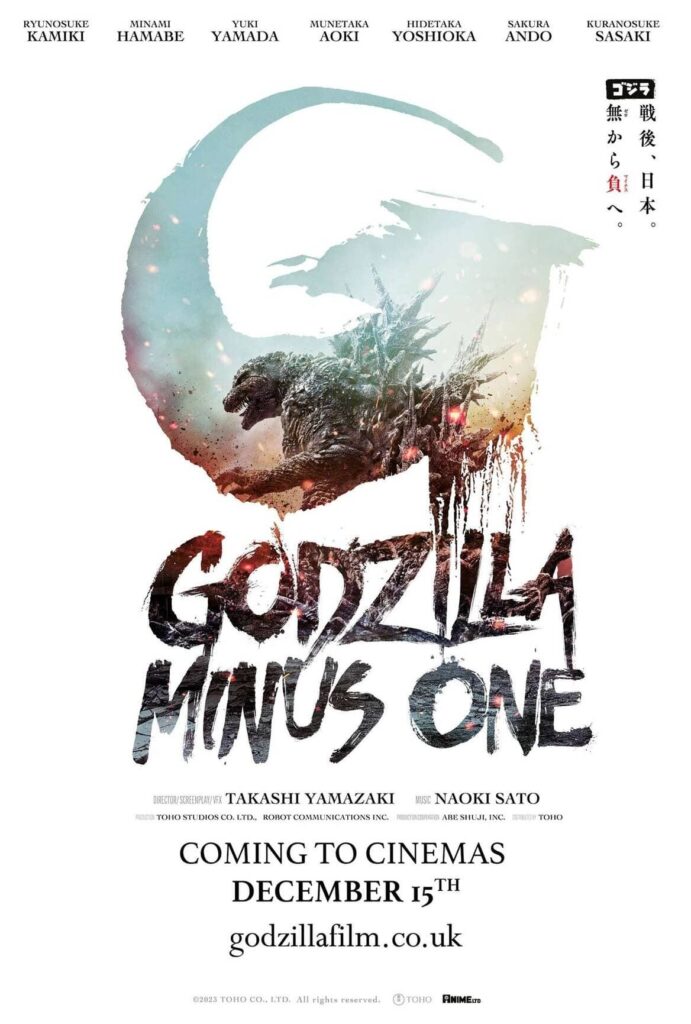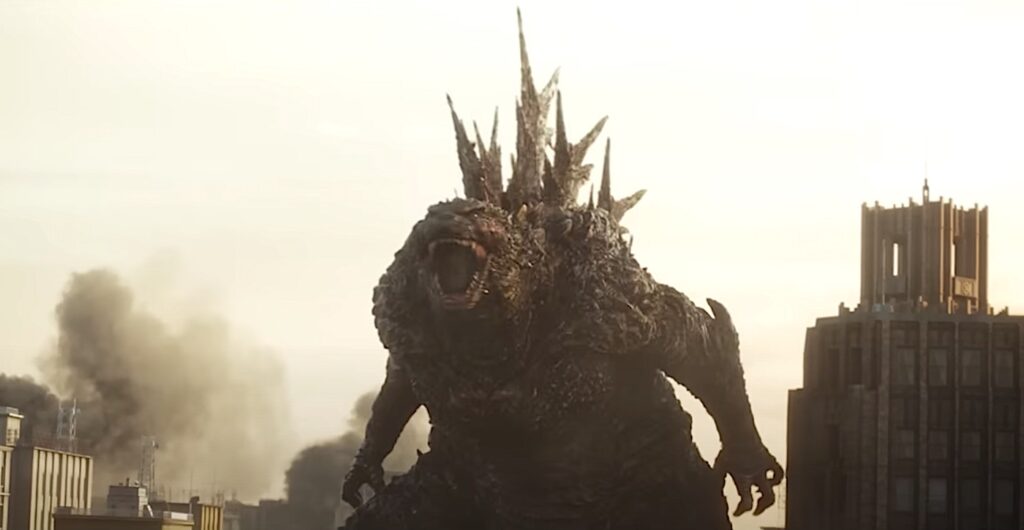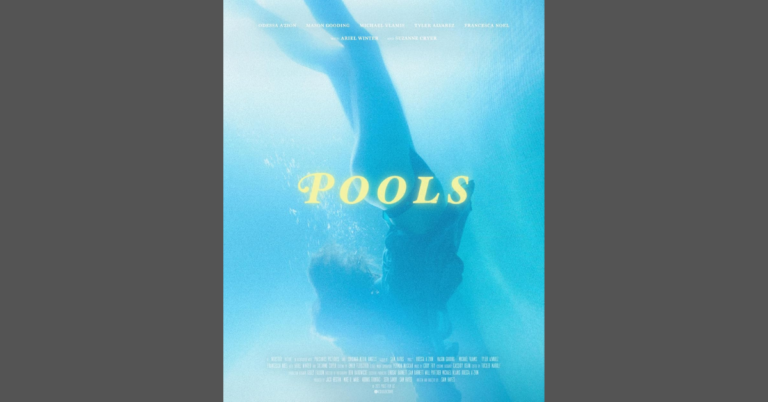Godzilla Minus One Christian Review

Look, if you are thinking that this is just another monster movie in which Godzilla comes, demolishes buildings and walks away happily – no, this is not that type of movie. This is not just a story of a giant dinosaur-like creature crushing cities, rather it is a man’s inner battle – of fighting his past, facing his mistakes, and finding redemption. This movie will not just entertain you, but will also force you to think a little.
Now the scene is that the main character of the film, Shikishima, is an ex-kamikaze pilot who is living his life with guilt. During the war when he had to give his life, he did not. Now when everything is over, he is questioning his worth – is he a coward? Does his life have any meaning? This combination of self-worth and guilt seems absolutely real. And when he walks on the path of redemption, a very strong reflection of Christian values is seen. “Greater love has no one than this: to lay down one’s life for one’s friends.” (John 15:13) This is not just a story of random sacrifice, but the process of a human being evolving from within.
And the tone of the film? Brother, it was unexpected. This is not some cheesy action thriller. This is a deeply emotional journey that shows that war is not just fought on the battlefield but also inside people. The scenes of Hiroshima-Nagasaki, the pain of the people, their hope even after that – everything has been shown so naturally that it is felt. This story reflects another deeper thought—no matter how many hardships there are, if there is faith and purpose, a person can rise above. A perfect example of Romans 5:3-4—”Suffering produces perseverance; perseverance, character; and character, hope.”
And one more thing which is worth mentioning—the film does not unnecessarily add any adult content or forced drama. Meaning the story is the core focus. If you want to watch a clean but impactful movie, which genuinely engages the mind, then this is the perfect pick.

There is one thing—the film is heavy. The imagery of Hiroshima and Nagasaki seems quite real, and if you are easily disturbed it can be a little overwhelming. This is not just an “Oh wow, Godzilla came and destroyed everything” type of film, it is a full-on emotional gut punch.
Then Shikishima’s guilt and struggle for self-worth may seem depressing to some people. That is, her character is going through an existential crisis – she is unable to find the meaning of her own life. This may seem a little dark, but if you look deeper it also has a powerful message that every human being can get a new start. Perfect example of Isaiah 41:10—”Fear not, for I am with you; be not dismayed, for I am your God.”
If you just want to see Godzilla’s rampage without any depth, then this movie may not disappoint. This is not just a monster flick. It is also a story of what happens inside a human being. If you like a mature, emotionally rich and a little thoughtful story that shows how the process of redemption takes place, then Godzilla Minus One is a must-watch.
Final Rating: 4/5 – She will force you to think, she will give you pain as well as hope!





